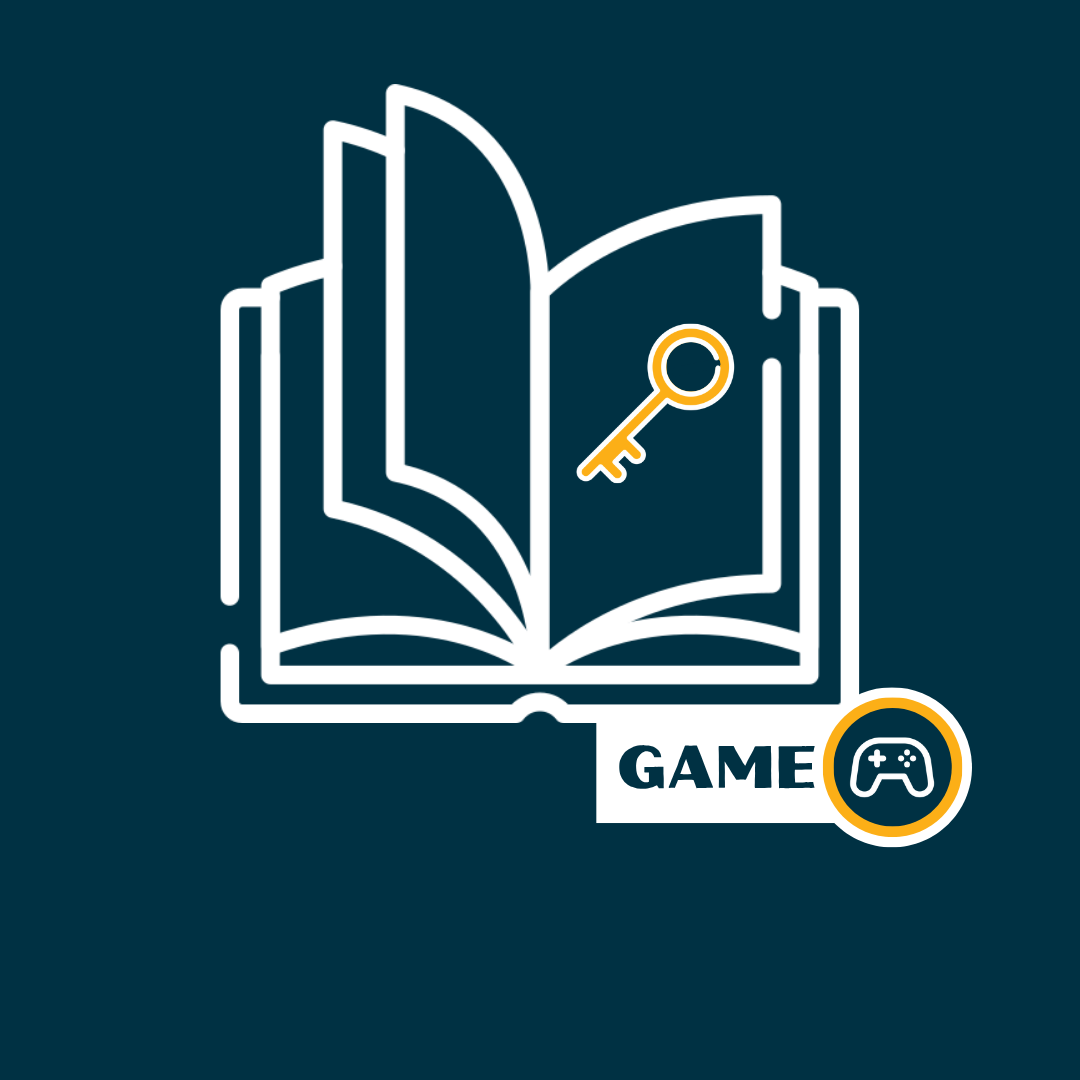EastView Supplement to The Right to Leave

In her main article, Roshelle argues in favor of expanding access to MAiD as a dignified option for those in deep suffering. In her EastView, Roshelle attempts to step into the minds of people who disagree with her, articulating the arguments against expanding access to MAiD. At the end, she analyzes the EastView - where she agrees with her opponents, and disagrees - in search of synthesis.
***
The stories of Joseph and Leah are clearly tragic and deeply human. They deserve dignity, empathy, and serious attention. However, even after considering their pain and the policy proposals offered, expanding access to MAiD in the U.S.—especially in the ways recommended—may not be the right step for a society that aims to protect its most vulnerable.
Dignity is an important part of this conversation, but it presents a major challenge: it’s highly personal. What feels undignified to one person might be manageable or even acceptable to another. When the law uses this kind of personal suffering to decide who can receive help to die, it risks sending a message that some lives—especially those with disabilities, mental illness, or chronic pain—are less worth living.
This message carries weight. If losing physical independence or life satisfaction becomes an accepted reason for state-supported death, the line between compassion and giving up on people gets blurry. Society may unintentionally suggest that in certain difficult situations, death is not just an option—but a reasonable or expected one.
The case for MAiD is often framed as a matter of personal choice and freedom, but in the United States, where healthcare, housing, and income are often unequal or unavailable, that choice may not be entirely free. When someone like Joseph seeks MAiD because they can’t get proper psychiatric care or support, the decision becomes less about autonomy and more about giving up.
This thinking can also influence others. Research shows that people with disabilities already face bias and inequalities in the American healthcare system. Creating a legal way to end life based on suffering may accidentally reinforce these harmful attitudes. In this context, it becomes hard to tell the difference between a true choice and a pressured one.
Countries like the Netherlands and Canada have tried to build careful rules and guardrails around MAiD for psychiatric conditions, but even in those systems, there have been serious challenges.
In Canada, expanding MAiD to include people with mental illness has led to strong criticism from disability rights groups and medical professionals, who argue that many requests for MAiD stem not from the mental illness itself, but from poverty, isolation, or lack of proper support—conditions that should be addressed with better care, not assisted death.
Currently, mental illness has been excluded. In 2024, the Netherlands had nearly 10,000 euthanasia cases, with six stand-out, psychiatric cases in which doctors didn’t follow required procedures, including one where a woman was approved for euthanasia without a psychiatrist’s review.
The suggested changes for MAiD programs in the U.S.—wider eligibility, including psychiatric conditions, and longer time frames for prognosis—may come from good intentions, but they could also open the door to more unclear and loosely monitored situations.
It’s uncertain whether future administrations will always maintain strict oversight, or whether every provider will resist social pressures that treat some lives as less valuable.
This also raises important questions about the role of medicine. Medicine is not just a service, it’s a mission centered on healing and care. When doctors are asked to help end life, even with permission, it changes the meaning of their job. It can shift the doctor-patient relationship from one rooted in hope to one based on conditional support.
No one should be forced to suffer endlessly, but the response to suffering should be more life-giving support, not the quiet suggestion of death as an answer.
Joseph and Leah’s experiences are painful and deserve real attention, but true empathy doesn’t always mean agreeing with every request. Sometimes it means pushing back with care, and investing in systems that say:
We have not given up on you, even if you have given up on yourself.
A fair society should not be judged by how easily it allows people to die, but by how hard it works to help them live.
Author’s Response to Eastview
Where I Agree with This Eastview:
- Dignity is a subjective concept and can carry unintended social implications if written into law.
- There are real and serious risks of coercion when people don’t have full access to care or social support.
- Medicine’s role and ethos are not trivial concerns, and institutional trust matters.
- We should be extremely cautious when designing sweeping policy in unequal societies.
Where I Disagree with This Eastview:
- Expanding MAiD can be a way to show respect and agency to people with disabilities or mental illness—not a sign that their lives are less valuable.
- Assuming that people in broken systems can’t make informed choices overlooks their ability to think clearly and decide for themselves.
- Some people believe that anyone requesting MAiD is just reacting to poor support systems—but many say their suffering comes directly from their condition.
- Saying people can’t access MAiD until every system is fixed ignores real lived experiences and can leave them stuck in avoidable pain.
- Fears about slippery slopes shouldn’t stop us from creating strong, safe rules that protect people while respecting their choices.
- Death through MAiD isn’t always about giving up—it can be a compassionate, chosen response to ongoing suffering, also considered a final act of care.
- Denying MAiD to those who have tried every other option can be unnecessarily cruel and prolong their pain.
Even in the best systems, and despite every effort, some people will still face suffering that cannot be eased. So, the question we must ask ourselves is this: what is the best that we can offer?
People deserve the right to choose a dignified end, not to be forced to endure pain just to satisfy political or philosophical battles over the value of life, or to wait for justice and system reform that may never come.
Overall, I believe that MAiD is one of these “dignified end” options that people should be able to have access to, and it's a deeply compassionate one at that. Yes, it may only be one option amongst a broader system, but that's what's needed. We must provide sufficient support for all of our people to live well, and die well, with dignity.

 0
0
Featured Content
Stay up-to-date with our latest articles











